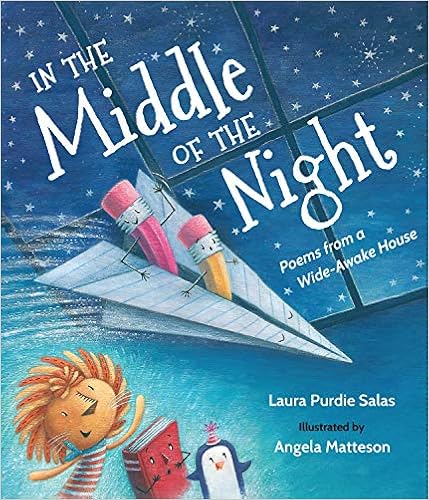AJ recommends lots of books that we both know might wait years before I get a chance to read them. But when he slid this small trim size, 150-page book across the table, I decided to give it a go. I'm glad I did.
It took me about 50 pages to get past his description of a reading life that is nothing like mine, and which made me feel more than a tad inferior. But then he got to some big points.
"We come to books (or at least, I do) to see beneath the cover story, to be challenged and confounded, made to question our assumptions, even as the writers we read are compelled to question their own.
What does that mean? On the one hand, it's an argument for nuance, for the role of narrative as a mechanism to confront the chaos, to frame a set of possible interpretations while acknowledging that these could shift at any time. Yet even more essential, I would argue, it's a call to engage. Stories, after all--whether aesthetic or political--require sustained concentration..."
Ulin defines reading as an act of creativity that requires sustained concentration, which, in a world of "endless information," has become harder and harder to maintain.
"Technology is rewiring the neurology of our brains," but we shouldn't be too alarmed by this. It's been happening since the first symbols were carved into clay. We need to remember that Gutenberg shifted the world of reading only about 600 years ago. Ulin quotes Jane Smiley, from
13 Ways of Looking at the Novel when he gets to the heart of what should worry us about the loss of book readers,
"When we talk about the death of the novel, what we are really talking about is the possibility that empathy, however minimal, would no longer be attainable by those for whom the novel has died...If the novel dies, or never lives, for children and teenagers who spend their time watching TV or playing video games, then they will always be somewhat mystified by others, and by themselves as well."
Ulin sees reading as "an act of resistance in a landscape of distraction, a matter of engagement in a society that seems to want nothing more than for us to disengage...We regain the world by withdrawing from it just a little...."
Pretty heady stuff, and all of it a hard sell for my fifth graders. I have one foot back in the world of no Internet; they have both feet fully planted in the world of distraction. Luckily, at the same time I started reading The Lost Art of Reading, a book I had on reserve at the library came in.
This gorgeously illustrated book is filled with over 100 letters to young readers describing the joys of books and reading. Perhaps a couple of these read each day to my students will help them to see the breadth and depths of what books and story can mean to a person.
The Universe didn't decide to stop there in making me think hard about the meaning of reading and books in this time of distraction. When I finished Ulin's book, I picked up the January/February Horn Book Magazine and found Uma Krishnaswami's article, "
Why Stop at Windows and Mirrors?: Children's Book Prisms."
"A prism can slow and bend the light that passes through it, splitting that light into its component colors. It can refract light in as many directions as the prism’s shape and surface planes allow. Similarly, books can disrupt and challenge ideas about diversity through multifaceted and intersecting identities, settings, cultural contexts, and histories. They can place diverse characters at these crucial intersections and give them the power to reframe their stories. Through the fictional world, they can make us question the assumptions and practices of our own real world."
Then, just a few more pages into the Horn Book issue, I found Grace Lin's article, "
Speak with Us, Not for Us."
"What diversity needs is not white authors to write heroes of a minority race, but rather for them to redefine the white hero. We need authors to create white characters who are (or are learning to become) socially aware and who fight alongside people of color, without being saviors, and we need authors who know how to do the same."
Okay, Universe. I hear you loud and clear. It's worth it to keep trying to fall my students in love with books and reading, even though it feels like I am swimming against an impossible tide of technology and distraction. A Velocity of Being will help me with this. It is still worth it to provide books that are windows and mirrors and sliding glass doors, but I will also look for more prisms. And I'll cheer on not just the #ownvoices authors, but also the white authors who are working to redefine the white hero.























